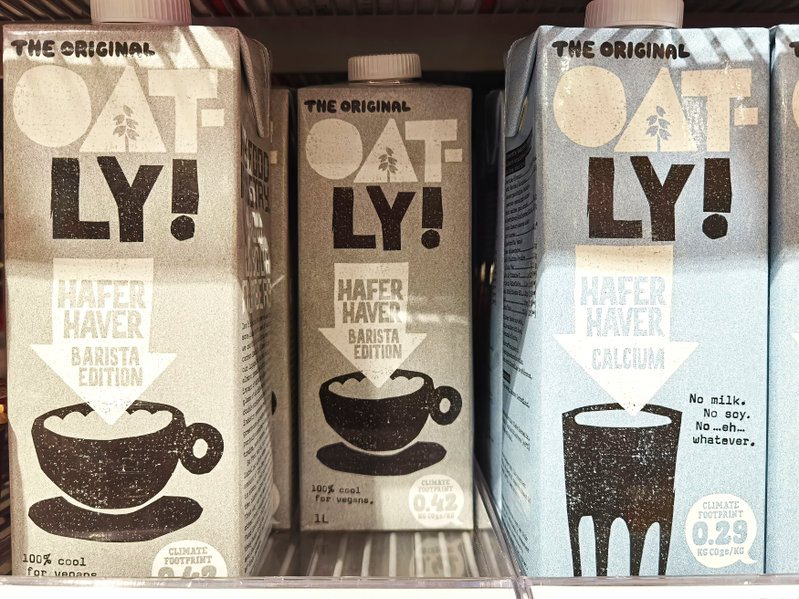
Plant-based alternatives failed to grow market share in January, figures show, as meat and dairy were still bought by the lions-share of the British population.
Meat was bought weekly by 87% of British households in the first three weeks of January – while meat-free alternatives made it into just 9% of homes.
Figures published by Kantar show that despite retail volumes of meat-free products rising 15% last month compared to January 2021, the growth was from a low base.
Kantar suggests that this was not enough to significantly impact its market share – remaining at two percent for the last three years.
Meat and dairy were still bought by the majority of the British population, with dairy products bought weekly by 95% of households during January.
Meanwhile, the volume of dairy alternatives bought in-store dropped by 5 percent, leaving its share of the market fixed at six percent.
However, over the next year as inflation squeezes shoppers’ budgets, analysts at AHDB predict a deceleration of growth for red meat and dairy alternatives, as these products tend to be more expensive.
AHDB retail insight manager, Grace Randall said: “Shoppers are less likely to risk trying new products when money is tight, favouring products that are familiar and cheaper.
"In 2021, the average retail price of cow’s milk was 61 pence per litre compared to alternative milks which, on average, were twice as expensive at £1.21 per litre.”
In January, red meat retail sales hit £660m, with meat, fish and poultry sales up on pre-pandemic levels, rising 2% on the first three weeks of January 2020, while dairy rose 4.2%.
However, a return to the eating-out market led to a decline in sales year-on-year this January.
But according to a new article by AHDB’s Consumer and Retail Insight team, alternative products are not coming at the expense of red meat sales.
In January 2021, 62% of shopping baskets containing a meat-free product also had meat – suggesting either shoppers are incorporating alternatives into their repertoire or have varied diets within their homes.
AHDB retail insight manager, Grace Randall said: “It’s not a surprise to see a rise in the amount of meat alternatives sold during January.
"But it’s important to remember that it’s from a small base and while 9% of households buy meat-free weekly in January, that figure drops to around 6% for the remainder of the year."
She added: “The majority of the British population continues to enjoy red meat and dairy products each month of the year.
"But it’s important that industry continues to remind shoppers of the role red meat and dairy can play in a healthy, balanced and sustainable diet.”
AHDB analysts believe there could be further opportunities for red meat and dairy during January by focusing on the big post-Christmas shop.
It comes as the levy organisation launched its marketing campaign We Eat Balanced last month, with a new TV advert designed to present the facts of red meat and dairy and bust the myths around farming.
